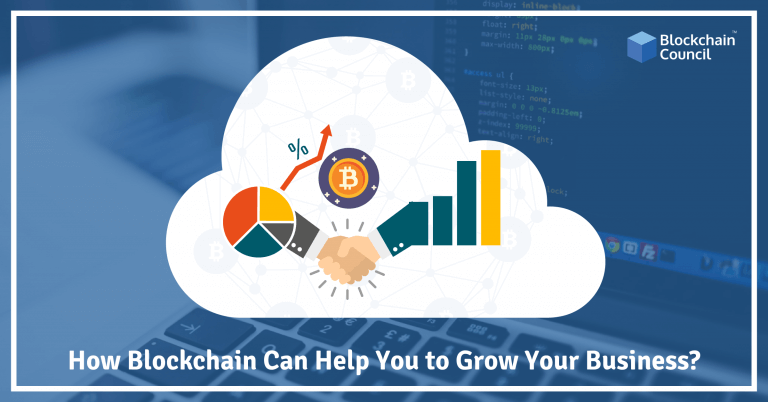
- Toshendra Kumar Sharma
- November 04, 2022
If you are new to the concept of DeFi, you have landed at the right page. This article provides a comprehensive guide on Decentralized Finance, starting from what is DeFi, its advantages, challenges, and the best use cases.
Introduction to Decentralized Finance(DeFi)
It is an ecosystem of financial applications that are built on top of blockchain networks, especially in Ethereum. The main goal is to create an open-source, permissionless, and transparent financial service ecosystem that is available to everyone and operates without any central authority. It enables users to interact with this ecosystem and manage their assets on their own through peer-to-peer (P2P) and decentralized applications (dapps).
This open finance platform covers all the aspects of financial services, including lending, borrowing, and trading under decentralized infrastructure. In short, we can say it is available to everyone having internet connectivity.
Want to become a blockchain developer? Check out the best Blockchain certification courses here.
DeFi Over Traditional Finance
Now, as we have understood what DeFi is, it is crucial to understand what are the benefits of decentralized finance over the traditional finance system.
- Traditional finance system relies on institutions such as banks to act as intermediaries while DeFi platform-based application does not need any third party; thus, users maintain control over their funds at all times.
- In DeFi, there is no single point of failure as financial services are deployed on top of blockchains while traditional finance system suffers from bottleneck issues.
- As DeFi is an open ecosystem, it allows individuals to access their financial records easily, unlike traditional finance systems.
- Decentralized exchanges have lower trading fees as it reduces the associated costs and allows for a more frictionless financial system compared with centralized exchanges.
From the points mentioned above, it is clear that there are undeniable benefits of bringing decentralized financial systems into practice.
Best Use Cases of DeFi
Secure and Improved Cross Border Payments
As every country has different tax implications for its lending system and when it comes to cross border payments, centralized methods fall apart. DeFi offers open lending protocols, which are the most popular types of applications that make decentralized lending and borrowing process much easier.
From instant transaction settlement to the ability to collateralize digital assets and no credit checks, DeFi improves international money transfers. Lending and borrowing marketplaces on the blockchain help in reducing counterparty risk, and also makes the entire process cheaper and faster.
Decentralized Exchanges
DeFi applications support decentralized exchanges as these platforms allow users to trade digital assets without needing any trusted intermediary to hold their funds as such trades operate directly between user wallets by smart contracts. There is very little maintenance work in decentralized exchanges, thus possesses comparatively lower trading fees than traditional exchanges.
DeFi connects lenders with borrowers easily, thus allowing credit checks and digital assets to be transfers speedily and easier.
Creation of Stablecoins
With the rise of Blockchain Technology, the creation and issuance of stablecoins are gaining a lot of attention. Stablecoins is nothing but a type of cryptocurrency designed to maintain a stable market price. These are resistant to market volatility and do not experience significant price changes. The cost of cryptocurrencies fluctuates rapidly at times, but decentralized stablecoins could be adopted for everyday use as digital cash that is not issued and monitored by a central authority.
Curious to learn more about Blockchain Technology? Check out online Blockchain courses offered here.
Challenges To Deal With
Despite DeFi’s various advantages and applications, developers of DeFi need to consider the risks associated with it. As DeFi eliminates the middle-man policy, this can be a negative aspect for many as it may cause high-risk of user errors. Also, performance is the other aspect to count as Blockchains are inherently slower than their centralized counterparts.
The Verdict
Traditional banking mortgage is expensive and time-consuming, but with the use of smart contracts, underwriting and legal fees may be reduced to a greater extent. DeFi’s unique functionalities can be seen as an essential pillar of the crypto economy, and the buzz surrounding this development proves that blockchain technology is finding efficient ways to remodel conventional financial systems, making all the financial process cheaper and faster.
Soon, DeFi will allow for a more open financial system and could potentially prevent precedents of censorship and discrimination all over the world. With its vigorous approach, this decentralized approach will take over the power from large centralized organizations and may end up putting it in the hands of the open-source community, thus benefiting the entire globe.
To get instant updates about Blockchain Technology and to learn more about online blockchain certifications and become a blockchain expert, check out Blockchain Council.





































































 Guides
Guides News
News Blockchain
Blockchain Cryptocurrency
& Digital Assets
Cryptocurrency
& Digital Assets Web3
Web3 Metaverse & NFTs
Metaverse & NFTs
